Diarrhoea is defined as the frequent passing of loose, watery and unformed faeces. The normal texture of faeces is brownish with a firm consistency, and any deviation from the standard form with a recurrent tendency can be termed diarrhoea. Diarrhoea in itself is not a disease but is simply an indicator of some ongoing disease process. Let’s put it this way, diarrhoea is not the bigger problem as is treating the underlying issue. Once the underlying health issue is taken care of diarrhoea ceases. It is manifested in the form of loose, unformed, malodorous, watery faeces having abnormal colour. Diarrhoea is almost always the sequel to underlying enteritis. However, there are some other reasons for diarrhoea to manifest itself. Here are a few of the reasons behind diarrhoea:

 Australian Shepherd
Australian Shepherd Beagle
Beagle Belgium Shepherd
Belgium Shepherd Bernese Mountain Dog
Bernese Mountain Dog Border Collie
Border Collie Boxer
Boxer Bulldog
Bulldog Cavalier King Charles Spaniel
Cavalier King Charles Spaniel Chihuahua
Chihuahua Cocker Spaniel
Cocker Spaniel Dachshund
Dachshund Doberman Pinscher
Doberman Pinscher Dogo Argentino
Dogo Argentino French Bulldog
French Bulldog German Shepherd
German Shepherd Golden Retriever
Golden Retriever Great Dane
Great Dane Himalayan Shepherd
Himalayan Shepherd Indie Dogs
Indie Dogs Labrador Retriever
Labrador Retriever Pakistani Bully
Pakistani Bully Pembroke Welsh Corgi
Pembroke Welsh Corgi Pitbull
Pitbull Pomeranian
Pomeranian Poodle
Poodle Pug
Pug Rottweiler
Rottweiler Shih Tzu
Shih Tzu Siberian Husky
Siberian Husky Yorkshire Terrier
Yorkshire Terrier Australian Shepherd
Australian Shepherd Beagle
Beagle Belgium Shepherd
Belgium Shepherd Bernese Mountain Dog
Bernese Mountain Dog Border Collie
Border Collie Boxer
Boxer Bulldog
Bulldog Cavalier King Charles Spaniel
Cavalier King Charles Spaniel Chihuahua
Chihuahua Cocker Spaniel
Cocker Spaniel Dachshund
Dachshund Doberman Pinscher
Doberman Pinscher Dogo Argentino
Dogo Argentino French Bulldog
French Bulldog German Shepherd
German Shepherd Golden Retriever
Golden Retriever Great Dane
Great Dane Himalayan Shepherd
Himalayan Shepherd Indie Dogs
Indie Dogs Labrador Retriever
Labrador Retriever Pakistani Bully
Pakistani Bully Pembroke Welsh Corgi
Pembroke Welsh Corgi Pitbull
Pitbull Pomeranian
Pomeranian Poodle
Poodle Pug
Pug Rottweiler
Rottweiler Shih Tzu
Shih Tzu Siberian Husky
Siberian Husky Yorkshire Terrier
Yorkshire Terrier Abyssinian
Abyssinian American Bobtail
American Bobtail American Shorthair
American Shorthair Balinese Cat
Balinese Cat Bengal Cat
Bengal Cat Birman
Birman Bombay Cat
Bombay Cat British Longhair
British Longhair British Shorthair
British Shorthair Burmese Cat
Burmese Cat Devon Rex
Devon Rex Exotic Shorthair
Exotic Shorthair Himalayan Cat
Himalayan Cat Maine Coon
Maine Coon Oriental Shorthair
Oriental Shorthair Persian Cats
Persian Cats Ragdoll
Ragdoll Scottish Fold
Scottish Fold Siamese Cat
Siamese Cat Siberian Cat
Siberian Cat Sphynx Cat
Sphynx Cat


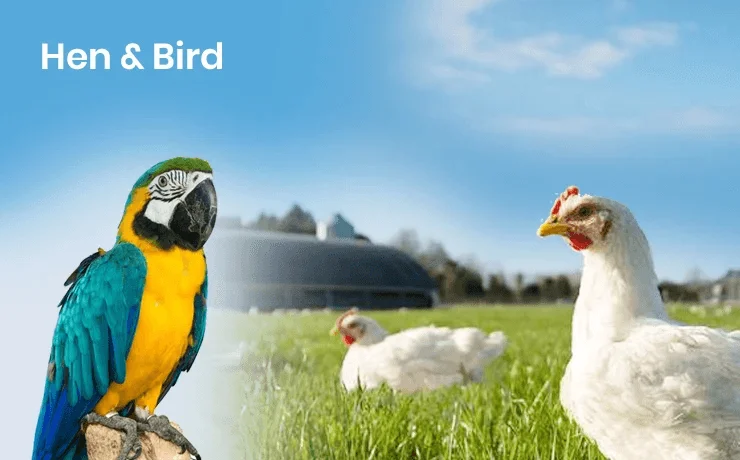
















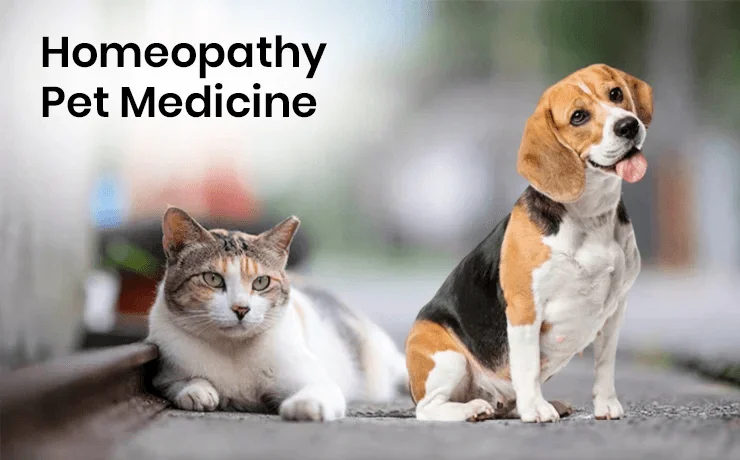
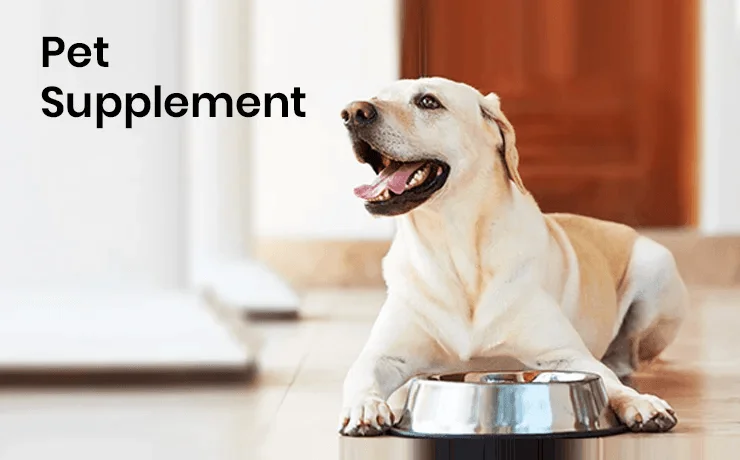

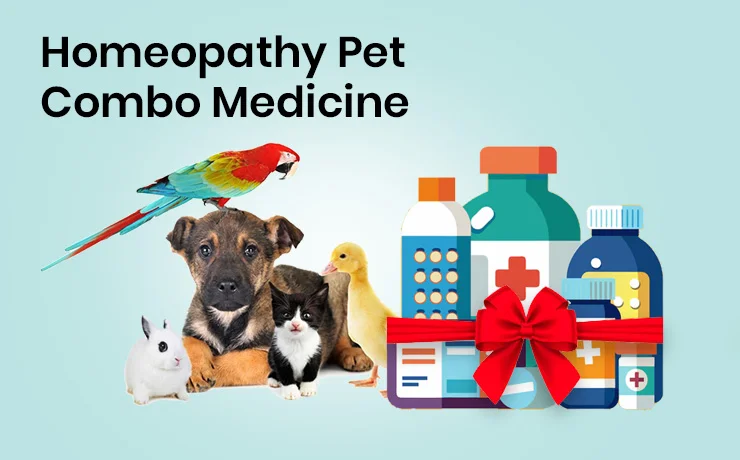
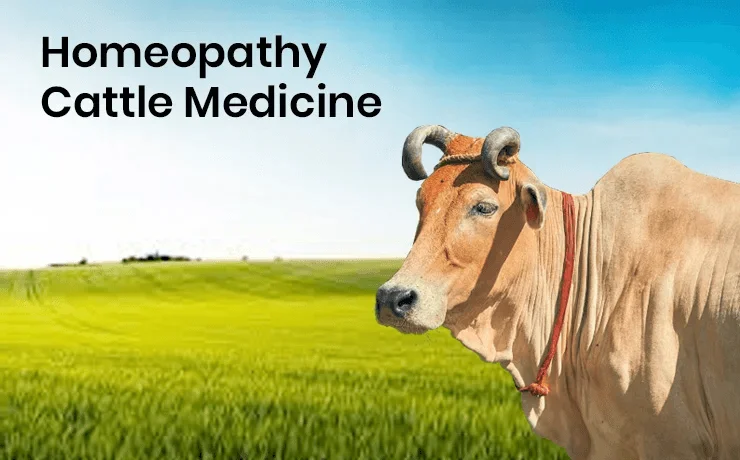
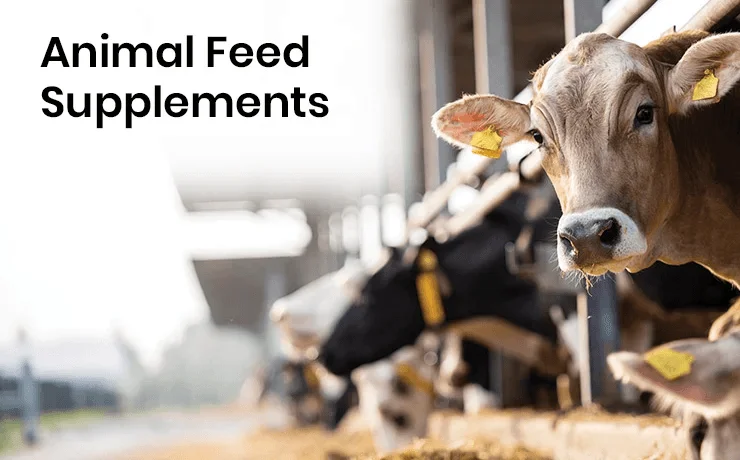

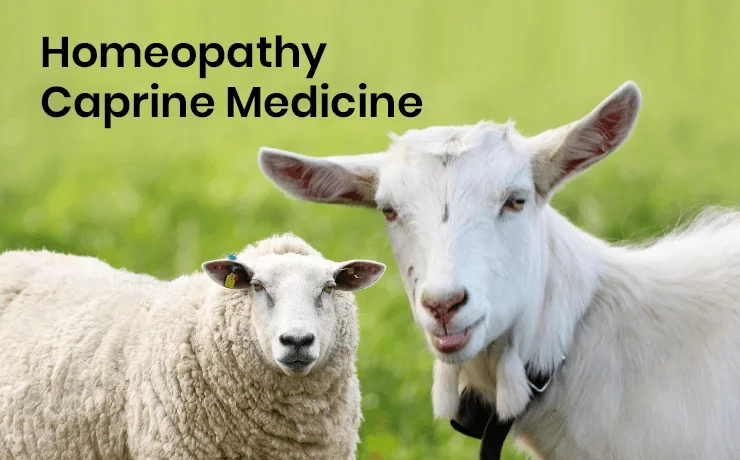


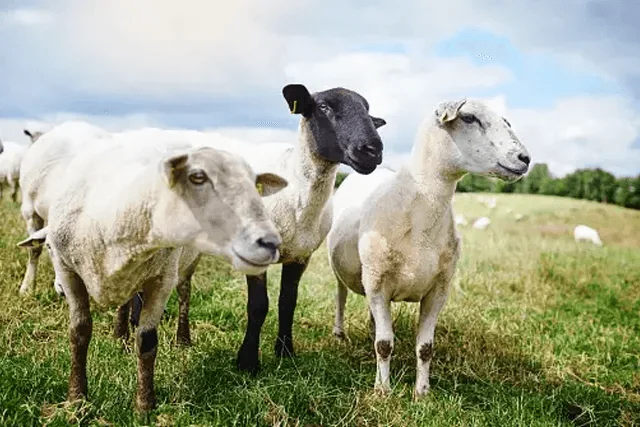
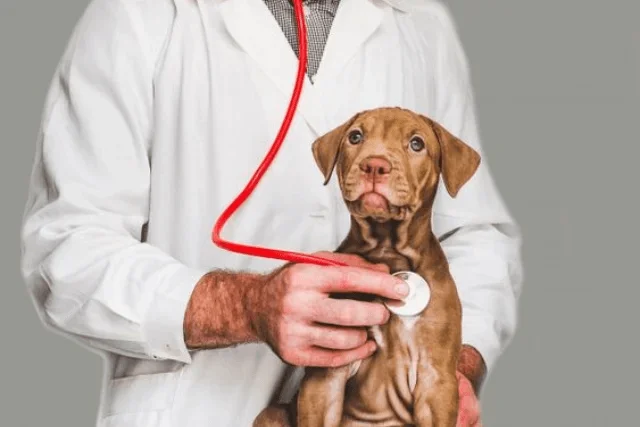

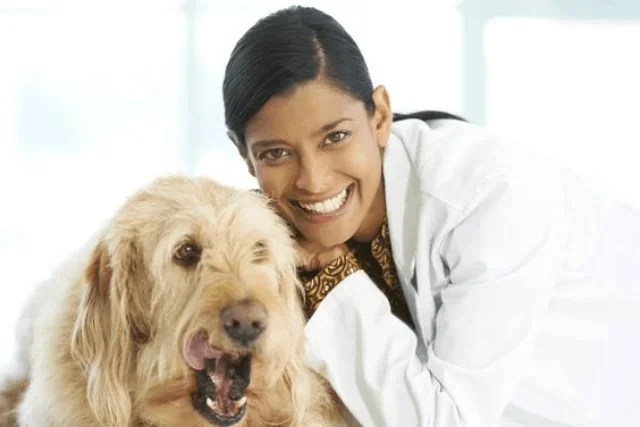




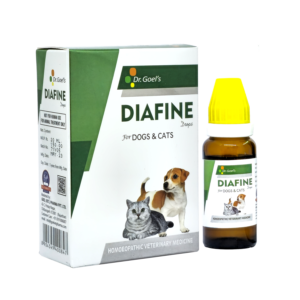
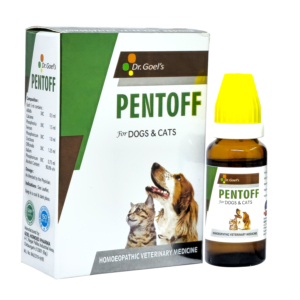
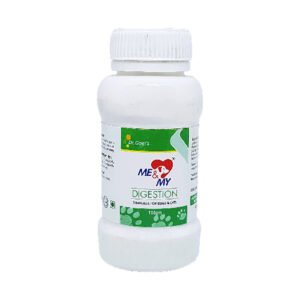
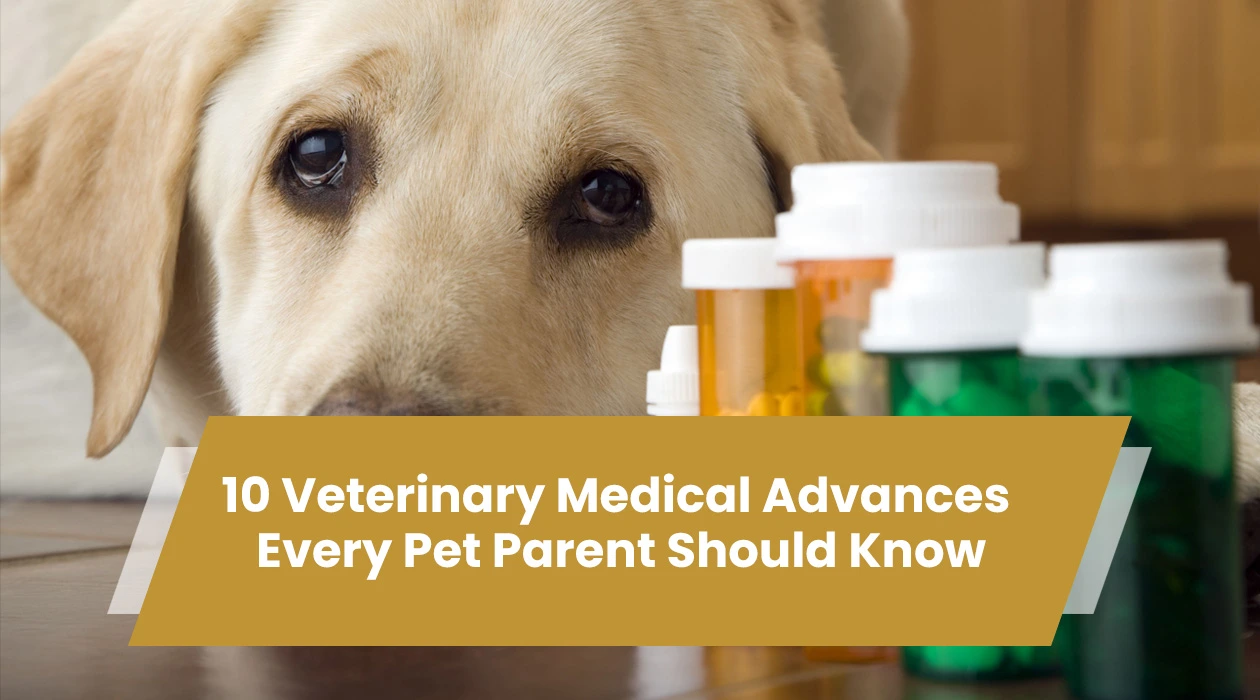
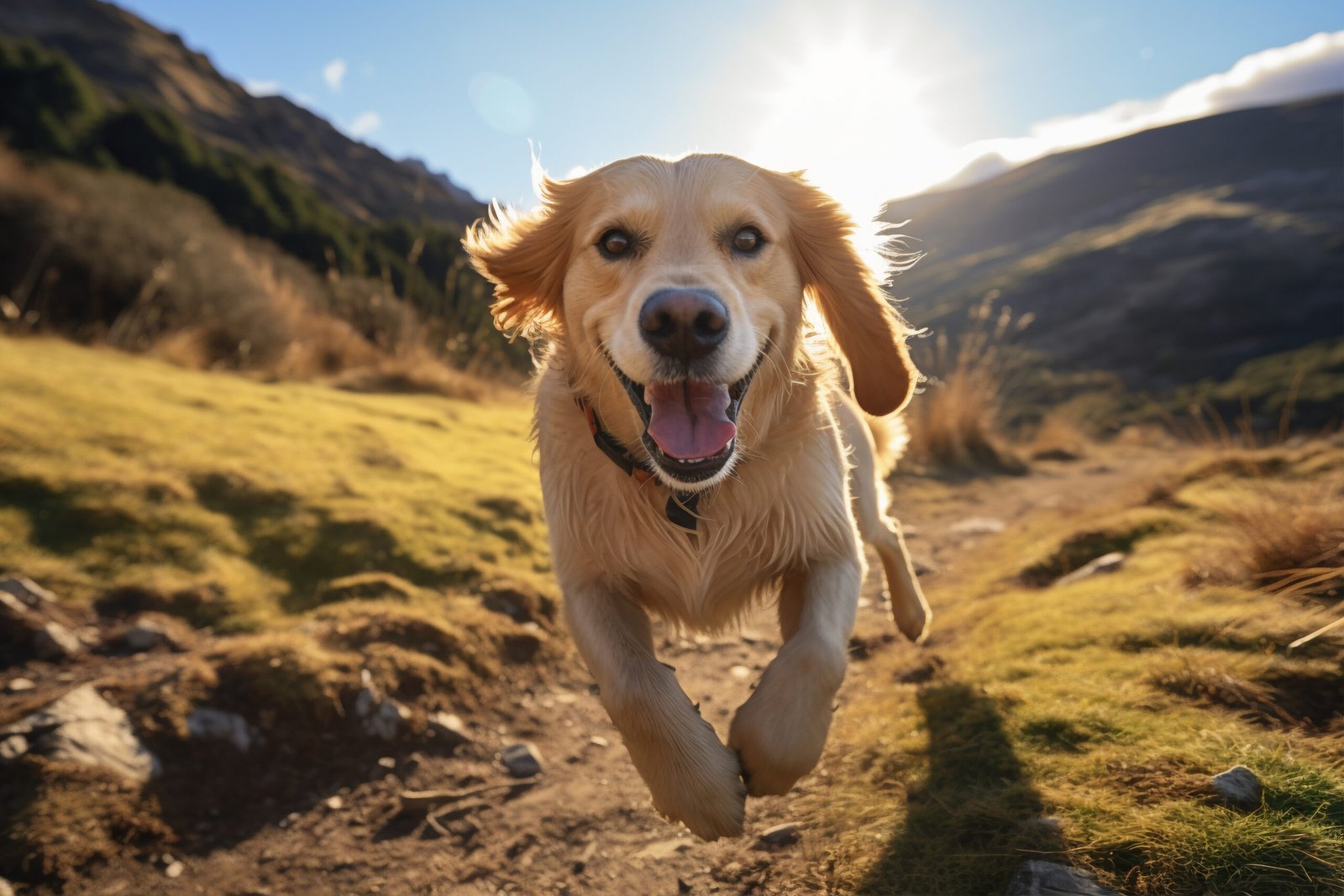
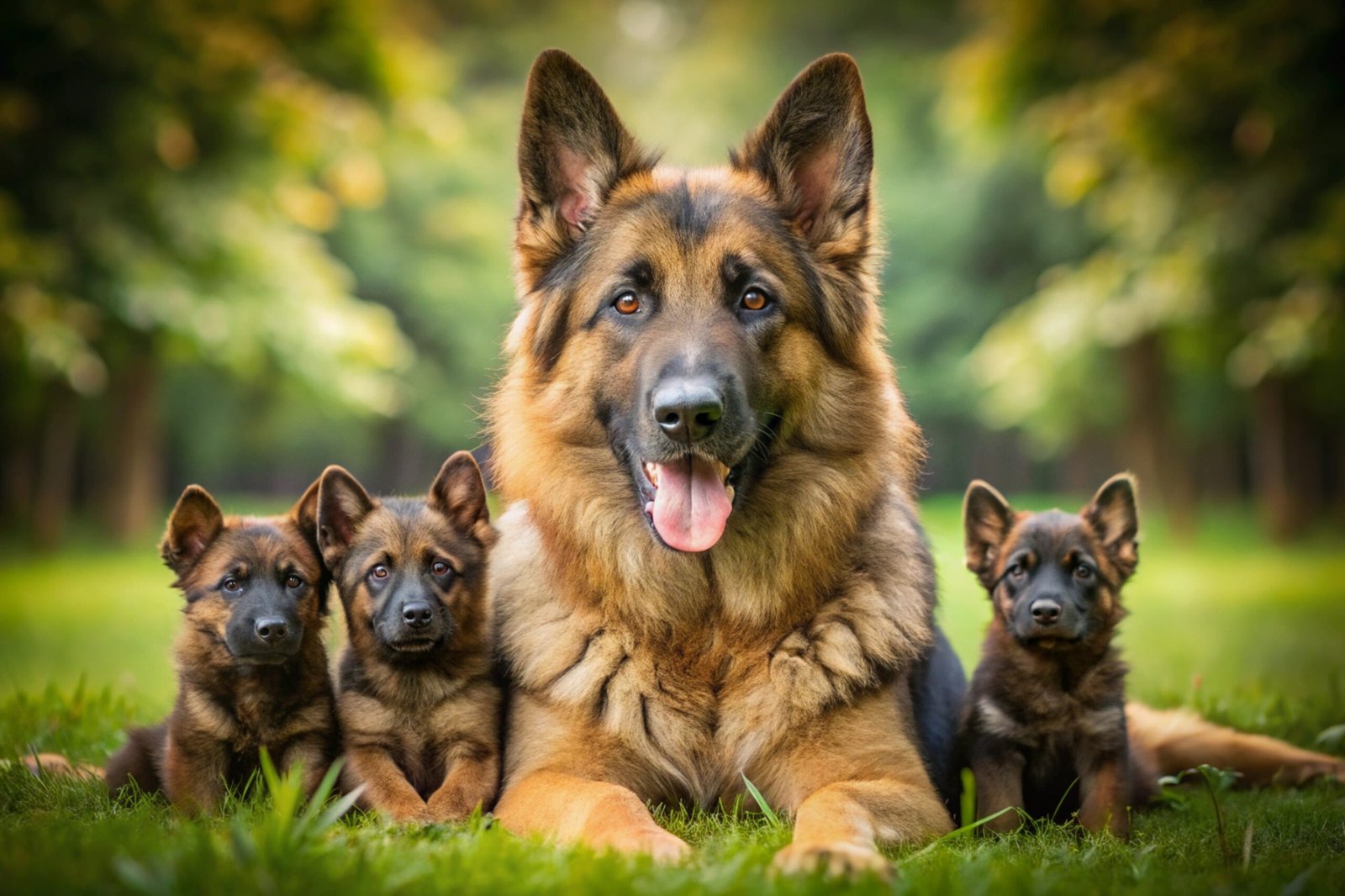
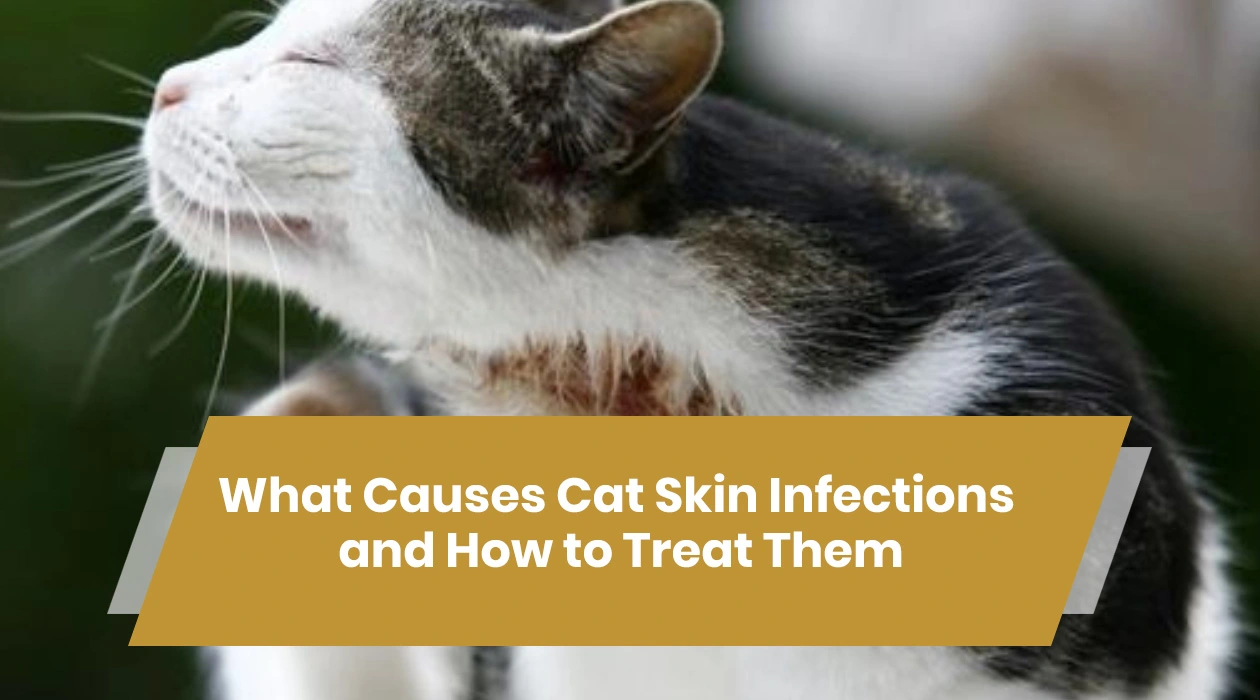
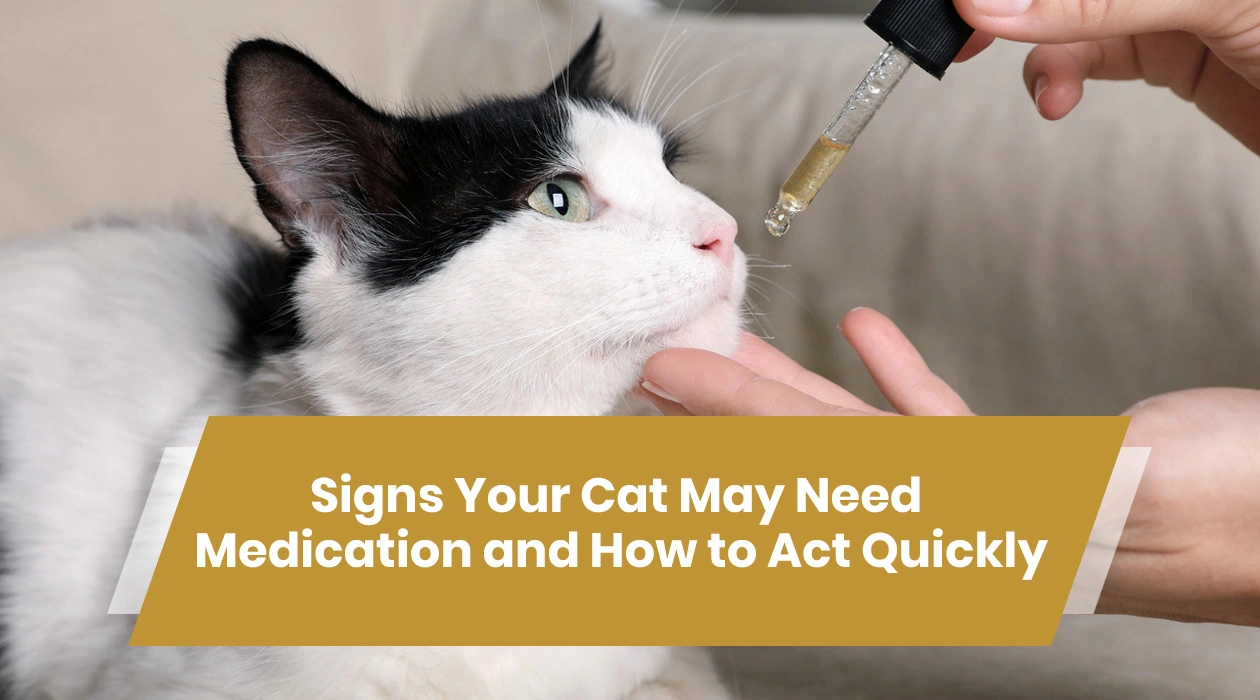
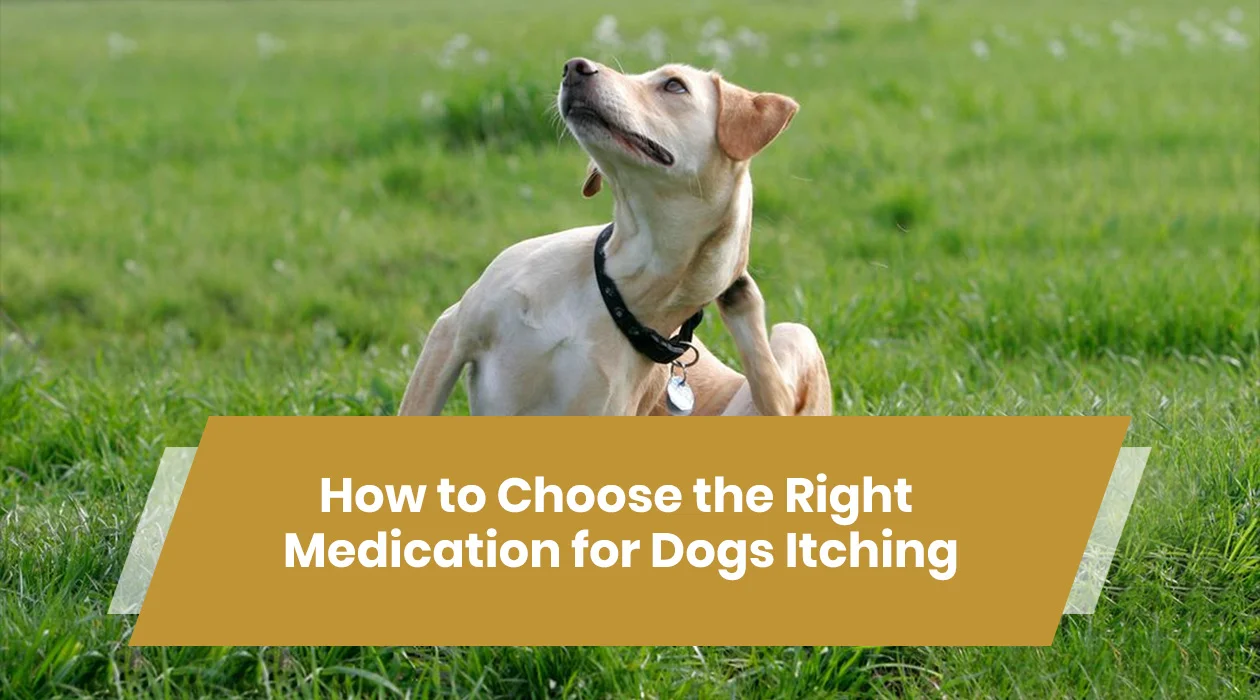
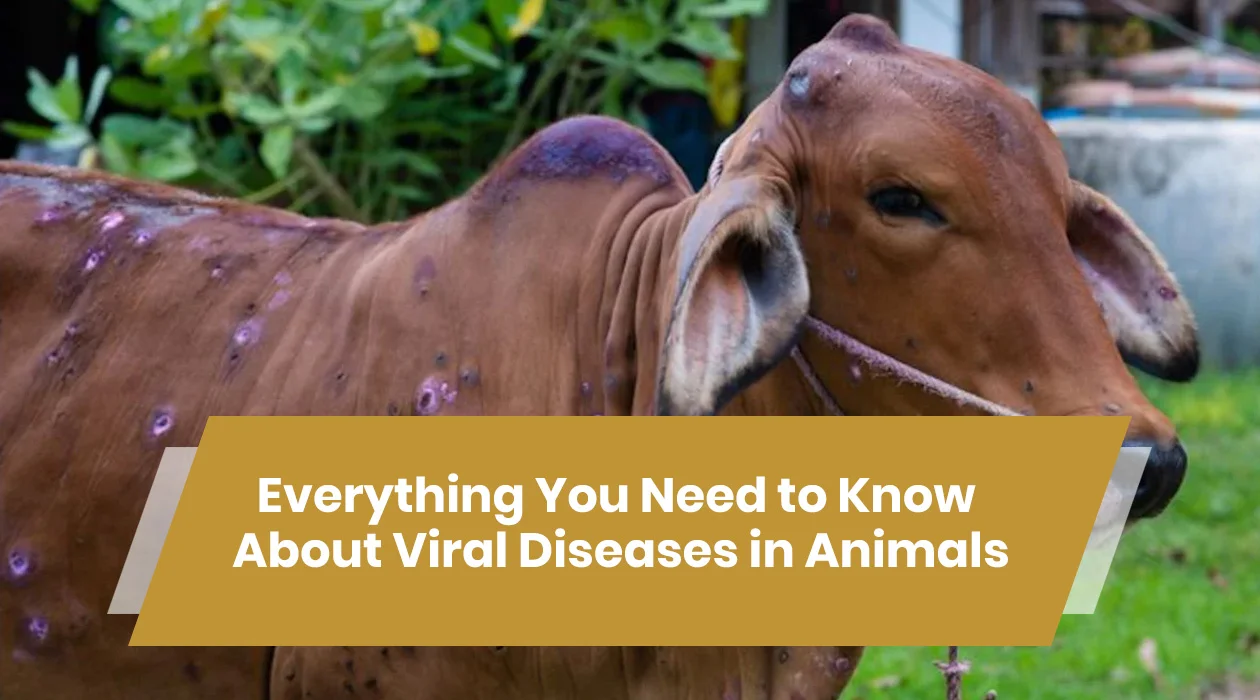

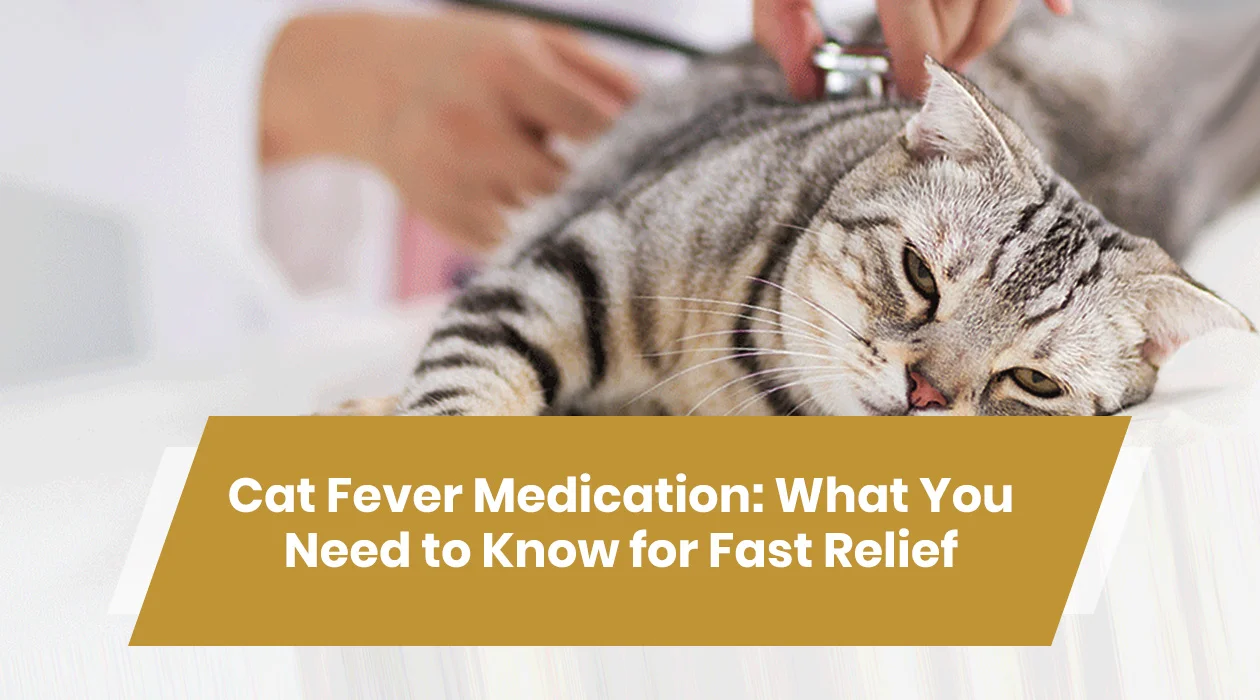
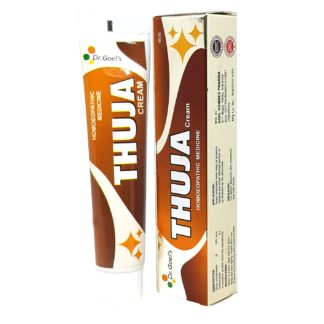
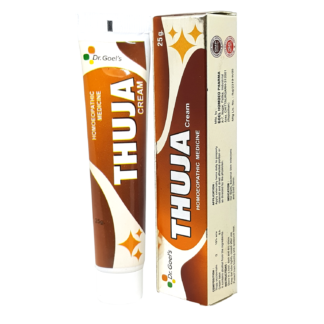

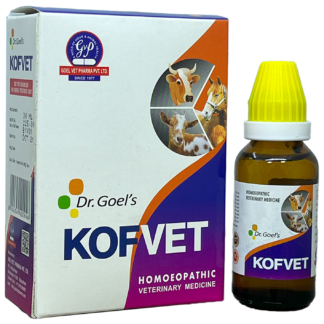
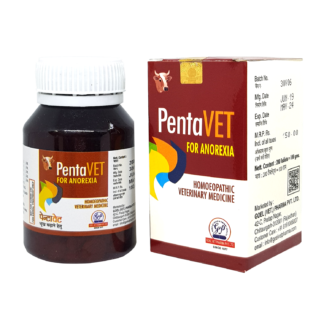
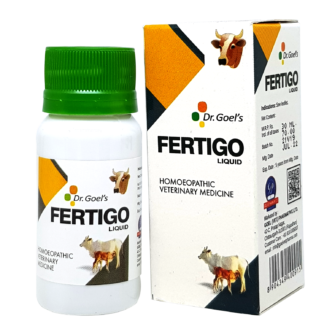
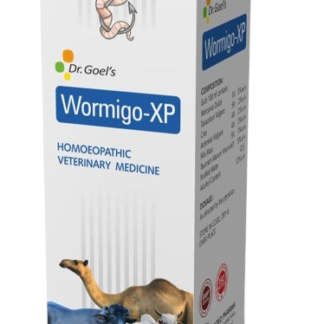




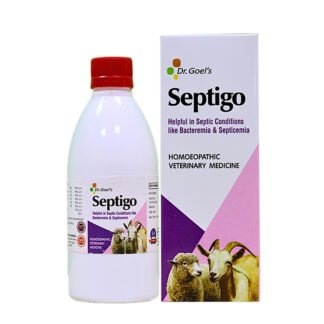


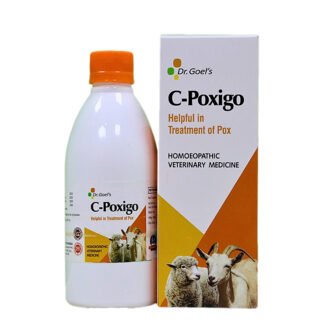
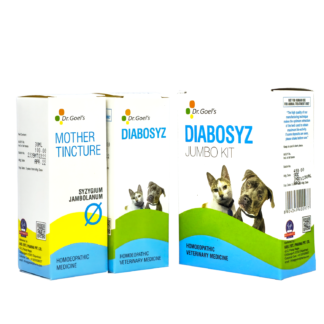
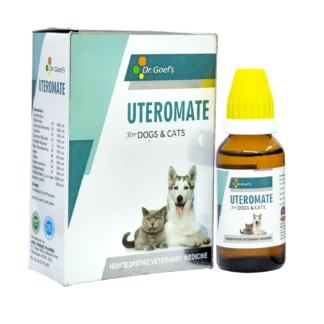
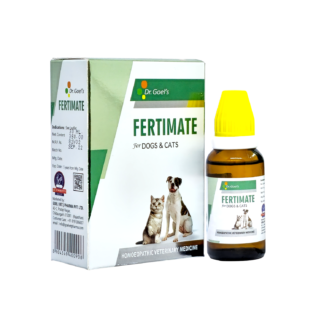
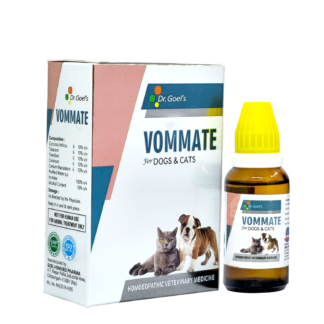
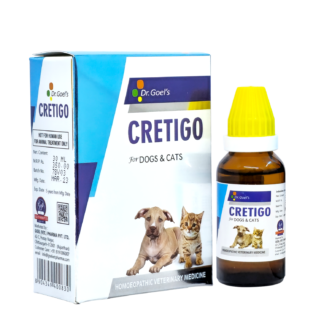
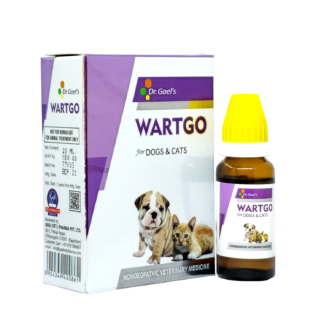

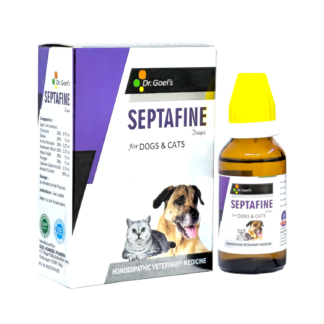

2 thoughts on “Everything’s Fine With Diafine”
[…] and any deviation from the standard form with a recurrent tendency can be termed as diarrhea. Dog Diarrhea in itself is not a disease but is simply an indicator for some ongoing disease process. It is […]
[…] Diarrhea […]